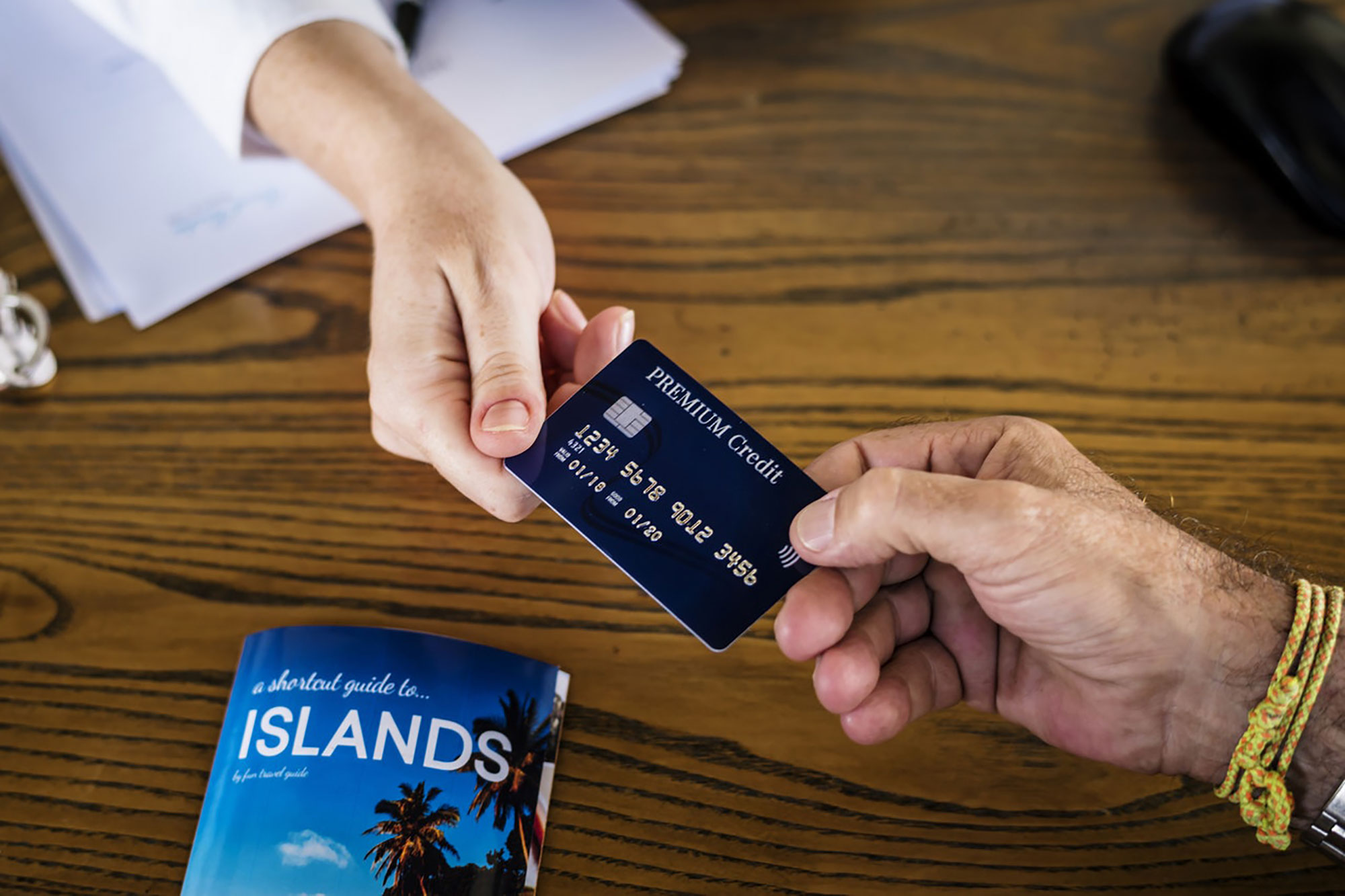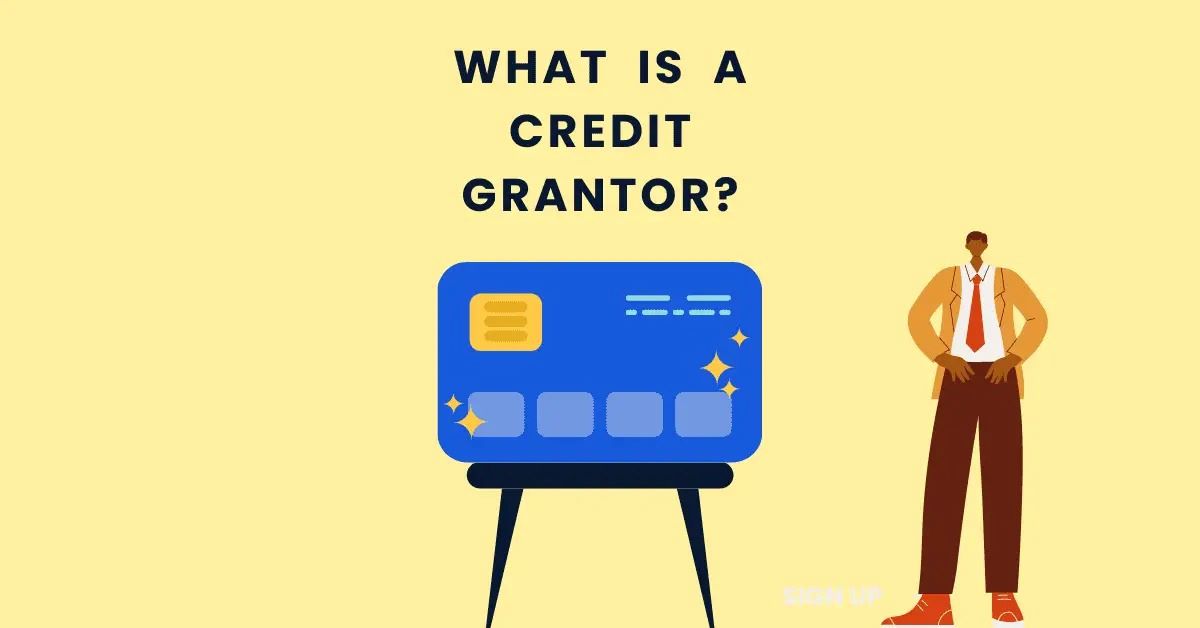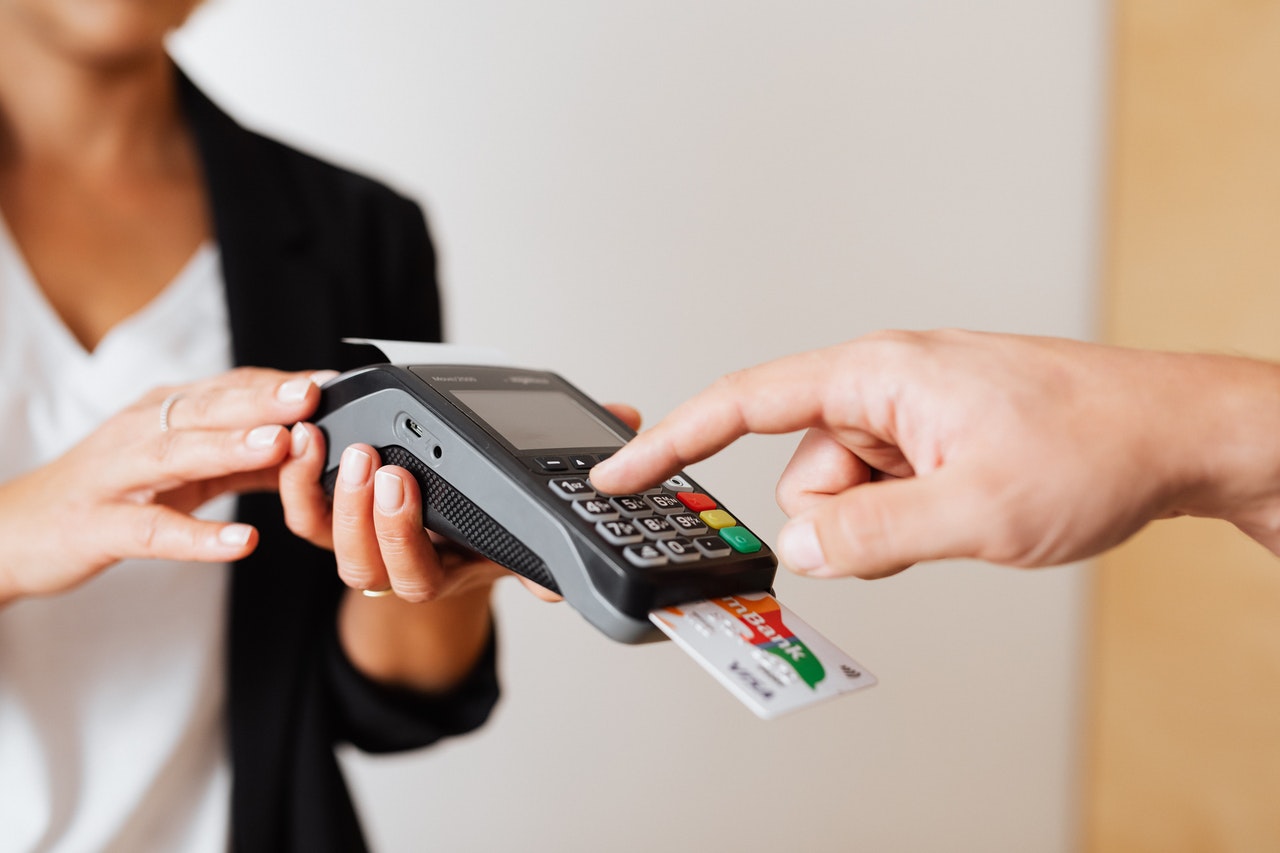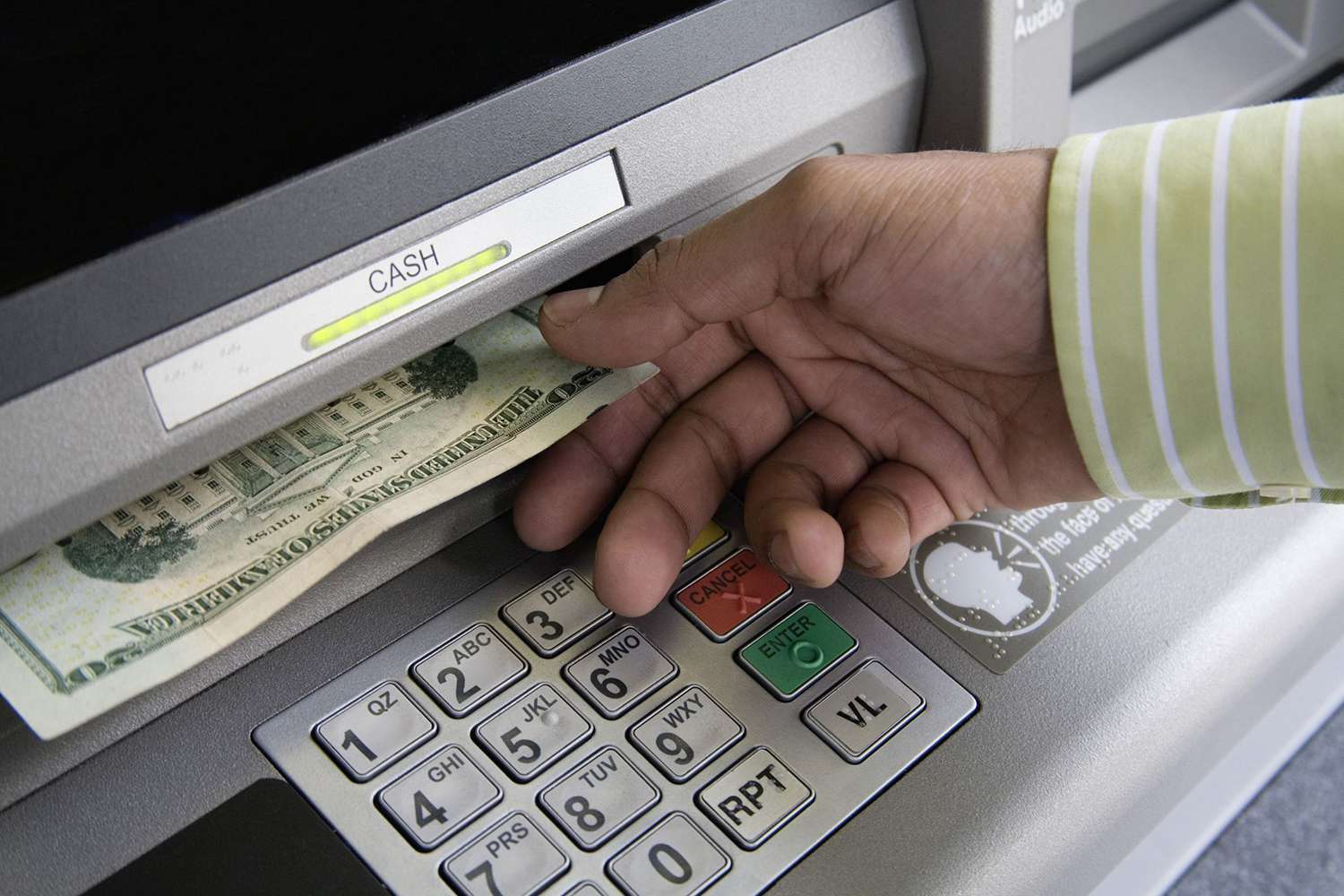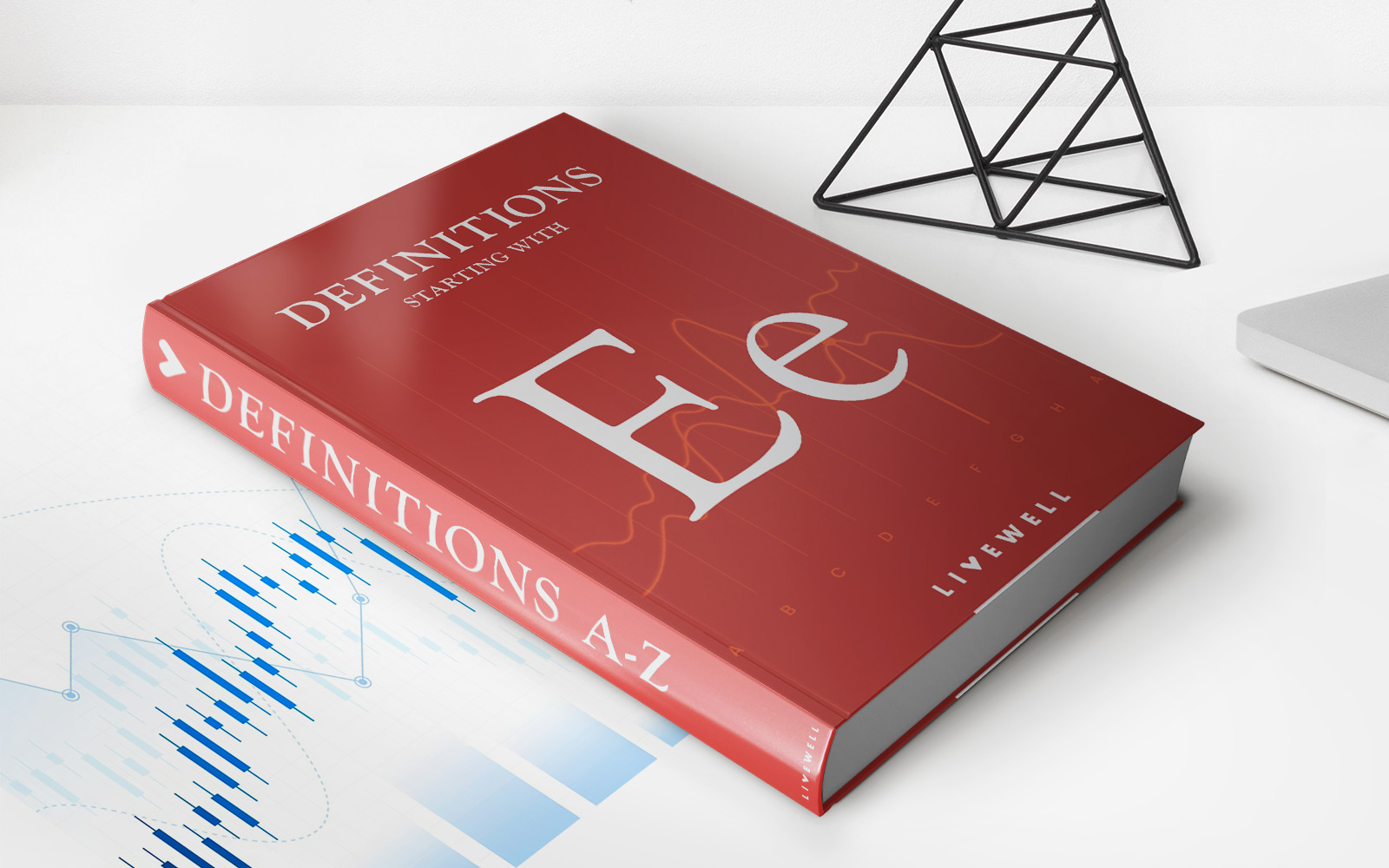

Finance
What Does A Provisional Credit Mean
Published: January 5, 2024
Discover the meaning of a provisional credit in the world of finance and how it can impact your financial transactions.
(Many of the links in this article redirect to a specific reviewed product. Your purchase of these products through affiliate links helps to generate commission for LiveWell, at no extra cost. Learn more)
Table of Contents
- Introduction
- Definition of Provisional Credit
- How Provisional Credit Works
- Benefits of Provisional Credit
- Limitations of Provisional Credit
- Provisional Credit vs Permanent Credit
- Common Scenarios for Provisional Credit
- How to Request Provisional Credit
- Tips for Resolving Provisional Credit Disputes
- Conclusion
Introduction
Welcome to the world of finance, where terms like “provisional credit” often find their way into everyday conversations. If you’ve ever found yourself wondering what exactly provisional credit means, you’re not alone. Understanding the ins and outs of this financial concept can be challenging, but fear not – we’re here to shed some light on the subject.
In simple terms, provisional credit is a temporary credit that is provided to a customer’s account while a dispute or investigation regarding a financial transaction is taking place. It essentially acts as a placeholder, giving the customer access to the disputed funds until the matter is resolved.
This type of credit is often used in situations where there is a discrepancy or disagreement regarding a transaction. It serves as a form of protection for the customer, ensuring they have access to their funds while the issue is being addressed.
In this article, we will delve deeper into the concept of provisional credit, exploring how it works, the benefits it offers, and the limitations you should be aware of. We’ll also discuss the key differences between provisional credit and permanent credit, common scenarios where provisional credit may be necessary, and provide tips for resolving provisional credit disputes. So, let’s jump right in and demystify the world of provisional credit!
Definition of Provisional Credit
Provisional credit, also known as temporary credit, is a temporary adjustment to a customer’s account balance made by a financial institution. It is typically provided when there is a dispute or investigation regarding a specific financial transaction, such as a fraudulent charge or an incorrect billing amount.
When a customer notices an issue with their account, such as an unauthorized transaction or a discrepancy in billing, they have the option to report it to their financial institution. In such cases, the institution may initiate a provisional credit to temporarily restore the disputed amount to the customer’s account while the investigation takes place.
The purpose of provisional credit is to provide the customer with immediate access to their funds, ensuring they are not left financially burdened during the dispute resolution process. It serves as an interim measure to safeguard the customer’s financial well-being while the financial institution investigates the issue.
The duration of provisional credit varies depending on the financial institution’s policies and the nature of the dispute. In some cases, provisional credit may be applied almost instantly, while in others, it may take a few business days for the adjustment to be made. It is important for customers to carefully review their financial institution’s terms and conditions to understand the specific timelines and requirements for requesting provisional credit.
It’s worth noting that provisional credit is not an admission of liability on the part of the financial institution. Rather, it is a temporary resolution to mitigate any potential financial harm to the customer during the investigation process. Once the investigation is complete, the financial institution will determine whether the provisional credit should be made permanent or if any changes need to be made to the customer’s account.
How Provisional Credit Works
Provisional credit works by providing a temporary adjustment to a customer’s account balance while a dispute or investigation is underway. When a customer reports a problem or discrepancy in their account, the financial institution will initiate the provisional credit process to provide immediate relief and address the issue.
Here’s a step-by-step breakdown of how provisional credit works:
- Report the issue: The customer notices an unauthorized transaction, an incorrect charge, or some other problem with their account and contacts their financial institution to report the issue.
- Initiate the investigation: The financial institution starts an investigation into the disputed transaction. This may involve reviewing transaction records, contacting merchants or other parties involved, and gathering any necessary evidence.
- Temporary credit provision: To prevent the customer from experiencing financial hardship during the investigation, the financial institution grants provisional credit. This credit amount is typically equal to or close to the disputed amount and is made available to the customer within a specific timeframe.
- Investigation and resolution: The financial institution continues its investigation to determine the validity of the customer’s claim. This may involve gathering additional information, consulting with the merchant or other relevant parties, and analyzing the evidence provided.
- Permanent credit decision: Once the investigation is complete, the financial institution makes a decision regarding the provisional credit. If the dispute is found to be valid, the provisional credit may be made permanent, meaning it becomes a permanent adjustment to the customer’s account balance. If the dispute is not upheld, the provisional credit may be reversed, resulting in the customer having to repay the credited amount.
- Customer notification: The financial institution communicates the outcome of the investigation to the customer. If the provisional credit is made permanent, the customer is informed that they can keep the credited amount. If the provisional credit is reversed, the customer is notified of the need to repay the credited amount, along with any applicable fees or interest.
It is important for customers to understand that provisional credit does not guarantee a specific outcome in their favor. The investigation process aims to determine the validity of the disputed transaction and may require collaboration between the financial institution, the customer, and any relevant third parties.
While provisional credit provides temporary relief, it is crucial for customers to actively participate in the investigation process by providing any requested information or documentation. This helps ensure a thorough and prompt resolution to the dispute.
Benefits of Provisional Credit
Provisional credit offers several benefits to customers who encounter issues with their financial transactions. These benefits are designed to provide convenience, financial protection, and peace of mind during the dispute resolution process. Here are some key advantages of provisional credit:
- Immediate access to funds: One of the primary benefits of provisional credit is that it provides customers with immediate access to their disputed funds. This ensures that individuals are not left financially strained while waiting for a resolution to their problem.
- Financial protection: Provisional credit acts as a protective measure for customers who have experienced unauthorized transactions, billing errors, or other discrepancies. It safeguards their funds and prevents potential financial hardships while the investigation takes place.
- Convenience and peace of mind: Knowing that provisional credit has been granted can bring peace of mind to customers. It allows them to continue using their funds for necessary expenses while the dispute is being resolved, without the worry of immediate financial strain.
- Encourages prompt dispute resolution: The availability of provisional credit encourages customers to act promptly when they notice an issue with their account. By promptly reporting the problem to their financial institution, customers can initiate the dispute resolution process and obtain provisional credit, expediting the investigation and resolution process.
- Customer-centric approach: Provisional credit demonstrates that financial institutions are prioritizing their customers’ well-being. It shows a commitment to addressing and rectifying discrepancies in a timely manner, enhancing customer satisfaction and fostering trust in the institution’s services.
Overall, provisional credit provides a range of benefits that help customers navigate the challenges associated with disputed financial transactions. It ensures that individuals can maintain their financial stability and meet their financial obligations without interruption, while the financial institution investigates and resolves the issue at hand.
Customers should be aware of their rights and responsibilities regarding provisional credit, and they should review their financial institution’s terms and conditions to understand the specific guidelines and requirements for requesting provisional credit.
Limitations of Provisional Credit
While provisional credit offers several benefits, it is essential to be aware of its limitations. Understanding these limitations can help customers manage their expectations and make informed decisions. Here are some key limitations to keep in mind:
- Reversal if dispute is not upheld: If the financial institution’s investigation determines that the customer’s dispute is not valid, the provisional credit may be reversed. This means that the customer will be required to repay the credited amount, potentially causing financial strain.
- Timelines and deadlines: Financial institutions often impose specific timelines and deadlines for reporting issues and requesting provisional credit. If customers fail to meet these deadlines, they may forfeit their eligibility for provisional credit, leaving them responsible for any disputed amounts.
- Impact on credit: While provisional credit itself does not impact credit scores, late or missed payments resulting from the reversal of provisional credit can negatively affect creditworthiness. It is crucial for customers to promptly repay the credited amount if the dispute is not upheld to avoid any potential credit repercussions.
- Not available for all disputes: Provisional credit is typically available for specific types of disputes, such as unauthorized transactions or billing errors. It may not be applicable in cases where the customer’s claim is related to product quality or dissatisfaction. Customers should consult their financial institution’s policies to understand the specific scenarios in which provisional credit is provided.
- Limited coverage: Provisional credit may not cover the full amount of the disputed transaction. The financial institution has the discretion to determine the appropriate amount of provisional credit to provide based on the circumstances of the dispute.
It is important for customers to carefully read and understand their financial institution’s terms and conditions regarding provisional credit. By being aware of the limitations and requirements, customers can effectively navigate the process and make informed decisions regarding their finances.
While provisional credit is designed to provide temporary relief and protect customers during the dispute resolution process, it is ultimately the responsibility of the customer to actively participate in the investigation and provide any necessary documentation or information requested by the financial institution.
Provisional Credit vs Permanent Credit
Provisional credit and permanent credit are two different forms of adjustments made to a customer’s account balance, each serving a distinct purpose in the financial world. Let’s explore the differences between the two:
Provisional Credit:
Provisional credit, as the name suggests, is a temporary adjustment made to a customer’s account balance during the investigation and resolution of a disputed transaction. It is provided to ensure that customers have immediate access to their funds while the financial institution investigates the issue. Provisional credit acts as a placeholder, allowing customers to utilize the funds until a final decision is reached.
Permanent Credit:
Permanent credit, on the other hand, is a permanent adjustment made to a customer’s account balance after the dispute resolution process has concluded. If the financial institution determines that the customer’s claim was valid, the provisional credit may be converted into permanent credit. This means that the customer is not required to repay the credited amount, and it becomes a permanent addition to their account balance.
Differences between Provisional Credit and Permanent Credit:
- Duration: The primary difference between provisional credit and permanent credit is their duration. Provisional credit is temporary and provided while the investigation is ongoing, whereas permanent credit is a permanent adjustment made once the dispute resolution process is complete.
- Purpose: Provisional credit serves as a form of financial protection for customers during the investigation, ensuring immediate access to funds. Permanent credit, on the other hand, is a resolution to the dispute, providing a permanent adjustment to the customer’s account balance.
- Reversibility: Provisional credit may be reversed if the investigation determines that the customer’s dispute is not valid. In contrast, permanent credit is not reversible once it has been granted, as it signifies the final resolution of the dispute in the customer’s favor.
- Impact on credit: Both provisional credit and permanent credit do not directly impact a customer’s credit score. However, late or missed payments resulting from the reversal of provisional credit may negatively affect creditworthiness.
It is important for customers to understand the differences between provisional credit and permanent credit to manage their expectations and take appropriate steps during the dispute resolution process. Financial institutions have specific guidelines and procedures in place to handle these types of credits, and customers should consult their institution’s terms and conditions for detailed information.
Common Scenarios for Provisional Credit
Provisional credit can be applied in various situations where there is a discrepancy or dispute concerning a financial transaction. Here are some common scenarios where provisional credit may be granted:
- Unauthorized transactions: If a customer notices unauthorized charges on their account, they can report the issue to their financial institution. The institution will initiate an investigation and may provide provisional credit for the disputed amount, ensuring the customer’s immediate access to their funds while the investigation takes place.
- Billing errors: In cases where a customer receives an incorrect bill or statement, they can contact their financial institution to report the discrepancy. The institution will investigate the matter, and if the customer’s claim is validated, they may receive provisional credit for the disputed amount.
- Failed purchases or services: Sometimes, customers may experience issues with purchases or services, such as undelivered goods or unsatisfactory service. If the customer raises a dispute and provides evidence of the problem, the financial institution may grant provisional credit until the issue is resolved.
- Processing errors: Processing errors by the financial institution, such as duplicate charges or incorrect transaction amounts, can also lead to provisional credit being issued. Customers should promptly report such errors to their financial institution to initiate the investigation and potentially receive provisional credit.
- Disputed fees or penalties: If a customer believes that they have been charged unfair fees or penalties, they can dispute the charges with their financial institution. The institution will investigate the matter, and if the fees are found to be in error or unjust, they may provide provisional credit for the disputed amount.
It is important for customers to carefully review their financial institution’s policies and procedures to understand the specific scenarios in which provisional credit may be granted. Additionally, customers should act promptly when they notice any discrepancies or issues to ensure a swift resolution and the potential provision of provisional credit.
Remember, each financial institution may have its own guidelines and criteria for granting provisional credit, so it is important to reach out to your institution directly for specific information related to your account and potential provisional credit scenarios.
How to Request Provisional Credit
If you find yourself in a situation where you need to request provisional credit for a disputed transaction, it’s important to follow the proper procedures to maximize your chances of a successful outcome. While the specific process may vary between financial institutions, here are some general steps to help guide you:
- Contact your financial institution: As soon as you notice an issue with a transaction, immediately reach out to your financial institution. This can usually be done through their customer service hotline or by visiting a local branch.
- Provide details of the dispute: Clearly explain the nature of the dispute, including the transaction details, any supporting documentation, and why you believe there is an error or discrepancy. Be prepared to provide any relevant evidence, such as receipts, invoices, or account statements.
- Ask about provisional credit: Specifically inquire about the possibility of receiving provisional credit for the disputed amount. Seek clarification on the institution’s policies and procedures regarding provisional credit and ensure you understand the requirements and timeline for requesting it.
- Follow the instructions provided: Your financial institution will guide you through the necessary steps to officially request provisional credit. This may involve submitting a formal dispute request, filling out specific forms, or providing additional documentation as requested.
- Keep records: Throughout the process, maintain detailed records of all your interactions with the financial institution, including dates, times, names of representatives, and any reference numbers provided. This will be valuable if you need to follow up or escalate the dispute later.
- Cooperate with the investigation: Respond promptly to any requests for additional information or documentation from the financial institution. Cooperating fully and providing all necessary information will help expedite the investigation process and increase the chances of a favorable resolution.
- Stay informed: Regularly communicate with your financial institution to obtain updates on the status of the dispute and the provisional credit request. Be proactive in seeking information about the progress of the investigation and any decisions made regarding the provisional credit.
- Act promptly: If the provisional credit is approved, be sure to monitor your account and take appropriate action within the given timeframe. If the dispute is not resolved in your favor, follow the instructions provided by the financial institution regarding the reversal or repayment of the provisional credit.
Remember, the specific process for requesting provisional credit may vary between financial institutions. Therefore, it is essential to consult your institution’s website, terms and conditions, or contact their customer service directly for the most accurate and up-to-date information regarding the provisional credit request process.
Tips for Resolving Provisional Credit Disputes
Resolving provisional credit disputes can sometimes be a complex process. To maximize your chances of a successful outcome, consider the following tips:
- Understand the process: Familiarize yourself with your financial institution’s policies and procedures regarding provisional credit disputes. Take the time to understand the steps involved, your rights and responsibilities, and any deadlines or documentation requirements.
- Provide detailed information: When reporting the dispute, be thorough in explaining the issue and provide any supporting documentation or evidence available. Clear and detailed information will help expedite the investigation process.
- Be proactive and persistent: Follow up regularly with your financial institution to obtain updates on the investigation and the status of your provisional credit request. If you haven’t heard back in a reasonable time, don’t hesitate to reach out for clarification.
- Keep accurate records: Maintain a record of all correspondence, including dates, times, names of representatives spoken to, and any reference numbers or case IDs. This will serve as a valuable reference if you need to escalate the dispute or file a complaint.
- Be patient: Resolving provisional credit disputes can take time, and investigations may require thorough review and analysis. While it is essential to stay informed and follow up, it’s important to remain patient throughout the process.
- Cooperate fully: Respond promptly to any requests for additional information or documentation from your financial institution. Cooperating fully and providing all requested information will help expedite the investigation and demonstrate your commitment to resolving the dispute.
- Escalate if necessary: If your dispute is not progressing or if you are unsatisfied with the resolution proposed by your financial institution, consider escalating the matter to a higher authority within the institution or filing a formal complaint with the appropriate regulatory agency.
- Review your rights and options: Familiarize yourself with the consumer protection laws and regulations relevant to your jurisdiction. This knowledge will help you understand your rights and options in the event of a dispute that cannot be resolved with your financial institution.
Remember, every provisional credit dispute is unique, and the specific tips mentioned above may need to be adapted to fit your specific situation. It is important to consult your financial institution’s resources, seek legal advice if necessary, and stay informed throughout the resolution process.
By being proactive, persistent, and informed, you increase your chances of a successful resolution to your provisional credit dispute.
Conclusion
Provisional credit plays a crucial role in the world of finance, providing temporary relief and financial protection to customers during the investigation and resolution of disputed transactions. It offers immediate access to funds, ensures convenience and peace of mind, and encourages prompt resolution of disputes. However, it is important to remember the limitations and requirements of provisional credit, such as the potential for reversal if the dispute is not upheld and the impact on credit if payments are not made promptly.
When dealing with provisional credit, it is crucial to understand the process and follow the proper procedures for requesting and resolving disputes. Customers should be proactive, cooperative, and persistent throughout the investigation and actively participate by providing necessary information and documentation. Keeping accurate records and staying informed will further support a successful outcome.
While provisional credit is temporary, it can provide crucial relief and mitigate potential financial hardships. By actively engaging in the resolution process and understanding your rights, you can navigate the complexities of provisional credit and work towards a fair and satisfactory resolution for all parties involved.
Remember, the information provided in this article is a general overview, and each financial institution may have its own specific policies and procedures. It is important to consult your financial institution’s terms and conditions and seek their guidance for accurate and up-to-date information.
With this knowledge in hand, you can approach provisional credit disputes with confidence and ensure the best possible outcome for your financial well-being.
